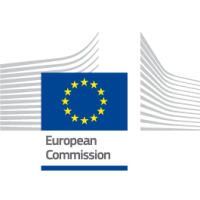
European Commission webinar on smartphones at school: Separating myths from evidence
This webinar offers a balanced, evidence-based look at the ongoing debate surrounding smartphone presence in schools. Drawing on recent research, we will examine both the potential benefits, and the challenges associated with smartphones in educational settings.
Webinar information
Description
Key topics will include—among others— digital wellbeing, time displacement, distraction, and (a loss of) concentration. By separating common assumptions from empirical findings, we will explore practical ways to address concerns without overlooking the potential value smartphones can offer.
The content of this webinar reflects the views only of the authors. The European Commission does not endorse any views, opinions or advice expressed by the speakers/presenters of this webinar.
About the speakers
Additional information
-
Language:English
-
Target audience:TeacherHead Teacher / PrincipalTeacher Educator
-
Target audience country:
-
Target audience ISCED:Primary education (ISCED 1)Lower secondary education (ISCED 2)Upper secondary education (ISCED 3)


